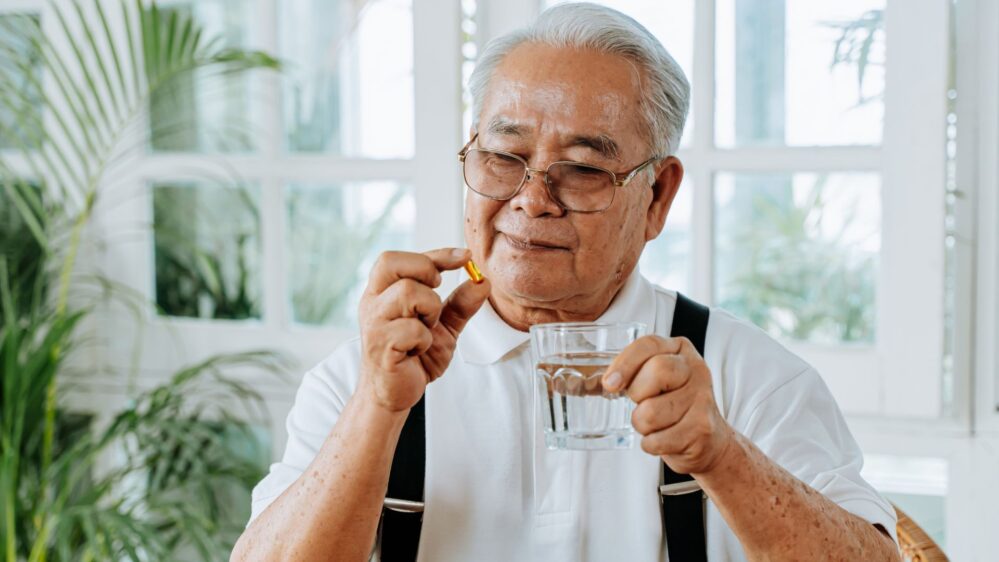Medication for Pain
Many of us have taken medicines for pain, for example paracetamol. Some pain medicines are available over the counter, but many stronger pain medicines are only available on prescription from the hospital or your GP practice.
Most pain medicines are only needed for a few days, and this is where they help the most to reduce the pain. Sometimes they need to be taken for a longer time. It is important that the risks and side effects of each medicine are considered before any medicine is given to you.

Key Points for Pain Medication
- Taking pain medicines for a long time does not work well. This can mean doses get increased over time leading to people relying on medicines with very little if any reduction in pain. The medicines themselves have side effects that then start to affect the quality of life of the individual.
- Any plan to take pain medicine should be tailored to the patient and their type of pain. For example other conditions or other medicines may make some pain medication unsuitable. Different types of pain medicines can work better for different types of pain.
- The cause of the pain should always be addressed first. This may mean resting, needing an operation or seeing a physiotherapist.
- It is important to make sure you are using any medication alongside self-management (click here).
- For chronic or persistent pain, many people find methods that do not involve medication to be more effective.
Opioids for Pain
Many people find they are offered opioids, such as codeine or morphine, to treat their pain. While these medicines work well for short-term pain, such as following an injury or operation, the evidence shows they don’t work well for the majority of patients with persistent or chronic pain. (See here from NHS England and here from Faculty of Pain).
If you are already taking opioids for chronic pain and would like to stop them, it is important not to stop these suddenly if you have been taking them for over 3 months. Please contact your GP surgery to talk to someone about safely stopping them. You should be offered an appointment with a clinical pharmacist or GP to support you to do this safely.
